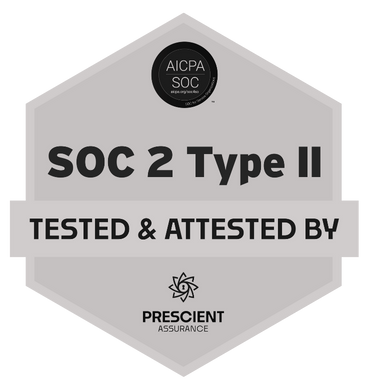Making a will is a key part of estate planning, and it's important to pick the right executor. Your executor will handle your estate, making sure your wishes are honored, debts are settled, and assets get distributed to your loved ones. Choosing the right executor can mean the difference between a seamless transition and a long, messy process. Here are some factors to consider when selecting an executor.
When picking an executor, the key is to choose someone you trust. They should be reliable and capable of managing your estate as you wish. Usually, people go for a family member, a close friend, or a professional like a lawyer or accountant. It's generally better to choose someone who pays attention to details and has solid financial management skills.
A lot of folks assume that their kids or spouse should automatically be their executor. But it's important to think about whether these people are really up to the task. For instance, if your assets are complicated or have multiple beneficiaries, it might be smart to go with a professional executor, like a trust company, to handle your estate.
It's important to think about how close your executor is. Ideally, you'd want someone who lives nearby and can easily get to your financial records, legal documents, and other important paperwork. If your executor is too far away, it could cause delays in distributing your assets and increase the chances of mistakes.
When picking an executor, it's crucial to have an open and honest chat about your final wishes. This ensures your executor gets your intentions and can make informed decisions if any unexpected issues come up. For instance, you might want to discuss how you'd like your assets distributed, debts settled, and funeral arrangements handled.
It's a smart move to have a backup executor just in case your primary one can't or doesn't want to handle things. This way, you can make sure your estate gets taken care of promptly, even if your executor is unable to or, heaven forbid, passes away before you.
Picking the right executor is a key part of estate planning. When you choose an executor, make sure it's someone you trust. Look at their qualifications and consider how close they are. Have a chat with them about your wishes and don't forget to name a backup executor. By taking these steps, you can make sure your final wishes are carried out smoothly and your loved ones are taken care of when you're no longer here.
Making a will is a key part of estate planning, and it's important to pick the right executor. Your executor will handle your estate, making sure your wishes are honored, debts are settled, and assets get distributed to your loved ones. Choosing the right executor can mean the difference between a seamless transition and a long, messy process. Here are some factors to consider when selecting an executor.
When picking an executor, the key is to choose someone you trust. They should be reliable and capable of managing your estate as you wish. Usually, people go for a family member, a close friend, or a professional like a lawyer or accountant. It's generally better to choose someone who pays attention to details and has solid financial management skills.
A lot of folks assume that their kids or spouse should automatically be their executor. But it's important to think about whether these people are really up to the task. For instance, if your assets are complicated or have multiple beneficiaries, it might be smart to go with a professional executor, like a trust company, to handle your estate.
It's important to think about how close your executor is. Ideally, you'd want someone who lives nearby and can easily get to your financial records, legal documents, and other important paperwork. If your executor is too far away, it could cause delays in distributing your assets and increase the chances of mistakes.
When picking an executor, it's crucial to have an open and honest chat about your final wishes. This ensures your executor gets your intentions and can make informed decisions if any unexpected issues come up. For instance, you might want to discuss how you'd like your assets distributed, debts settled, and funeral arrangements handled.
It's a smart move to have a backup executor just in case your primary one can't or doesn't want to handle things. This way, you can make sure your estate gets taken care of promptly, even if your executor is unable to or, heaven forbid, passes away before you.
Picking the right executor is a key part of estate planning. When you choose an executor, make sure it's someone you trust. Look at their qualifications and consider how close they are. Have a chat with them about your wishes and don't forget to name a backup executor. By taking these steps, you can make sure your final wishes are carried out smoothly and your loved ones are taken care of when you're no longer here.

